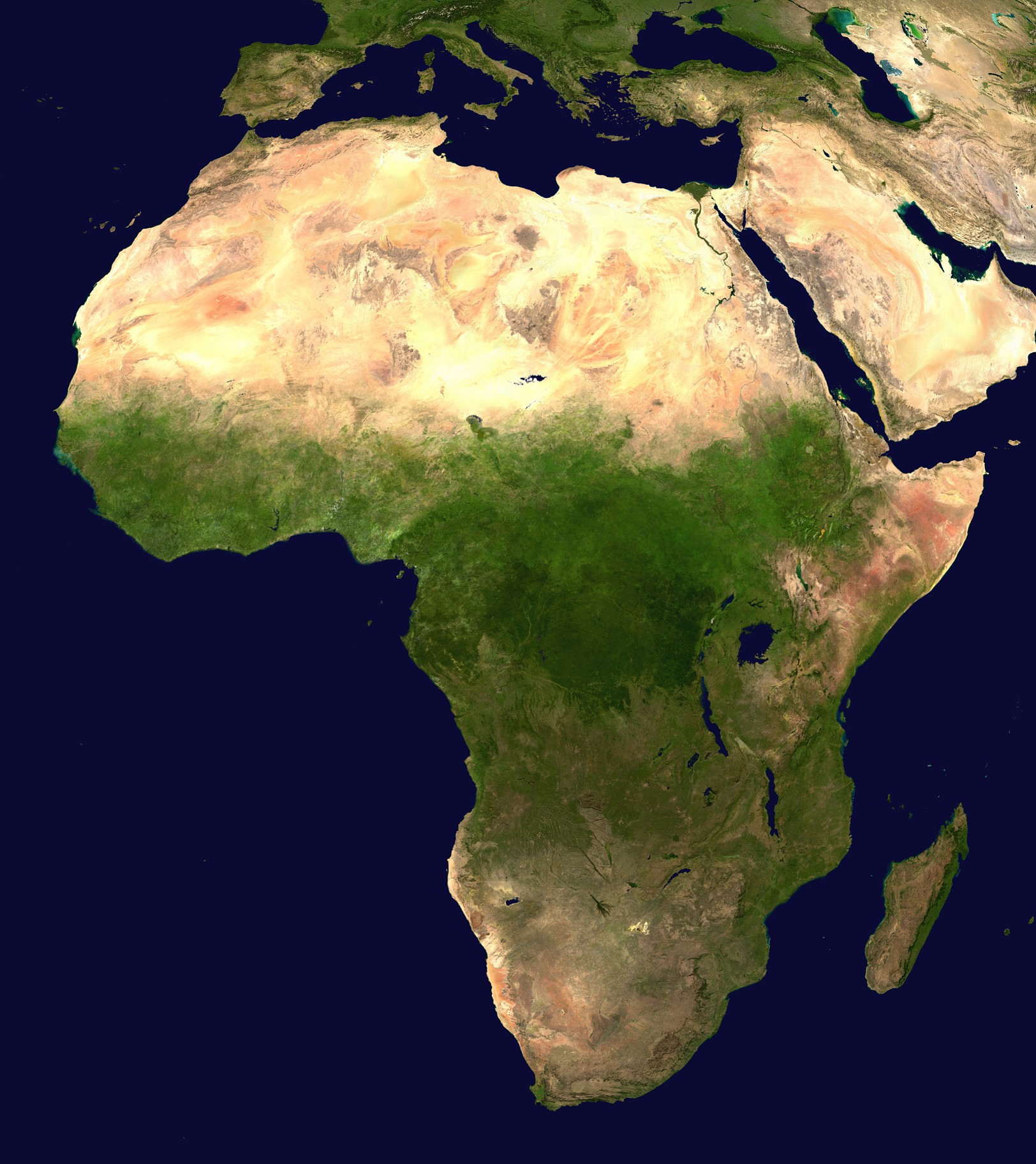In the third and fourth centuries, Africa became a fertile field for the progress of the church. The North African coast of the Mediterranean Sea witnessed significant advances in the development of Christian doctrine. Many of the greatest theologians of the early church lived and ministered in cities along this coast. It was there that the first center for Christian learning was established in Alexandria, Egypt.Among the highly esteemed theologians who comprised the body of teachers known as the African Fathers were Clement of Alexandria (ca. 150-ca. 215), Tertullian of Carthage (ca. 160/170-ca. 215/220), Cyprian of Carthage (ca. 200-258), and Athanasius of Alexandria (ca. 298-373). In later years, even the greatest of all theologians of the early church, Augustine of Hippo, would arise from African soil.Concerning the contribution of the African Fathers to the larger body of Christ, Thomas C. Oden comments:These African exegetes powerfully affected the dogmatic formulations of the orthodoxy of the East and the West. Dogmatic definitions [worked] off of textual interpretations hammered out chiefly in Africa, the Maghreb and the Nile Valley. [Later] definitions of Christology and the Trinity were profoundly shaped by definitions and concepts that were defined decades earlier in Africa by Tertullian, Cyprian, Athanasius, Augustine and Cyril.... The major battles with heresy were fought in Africa before they were received ecumenically. Gnosticism, Arianism, Montanism, Marcionism, and Manichaeism were all thoroughly argued as problems of biblical interpretation in Africa before these arguments reached clear definitions in the Rhone and Rhine and Orontes Valleys.This is to say, the African church became, for a time, the center of sound Christian teaching for the body of Christ.--Steven Lawson, Pillars of Grace, p.110-111
For the sake of Your fame among the nations and for the sake of Your Son and His bride, do it again, Father. Do it again. In Jesus' name, Amen.

No comments:
Post a Comment